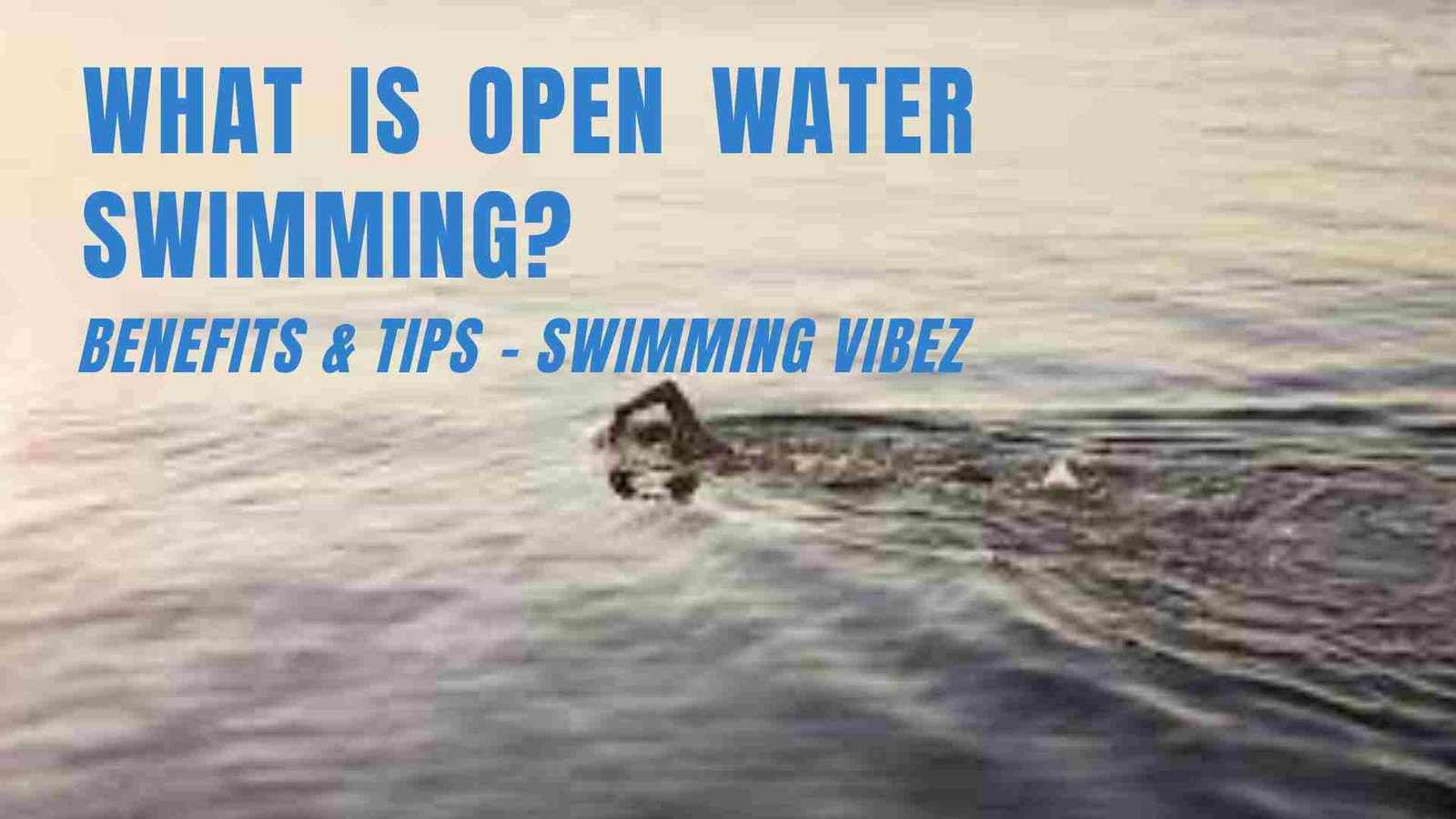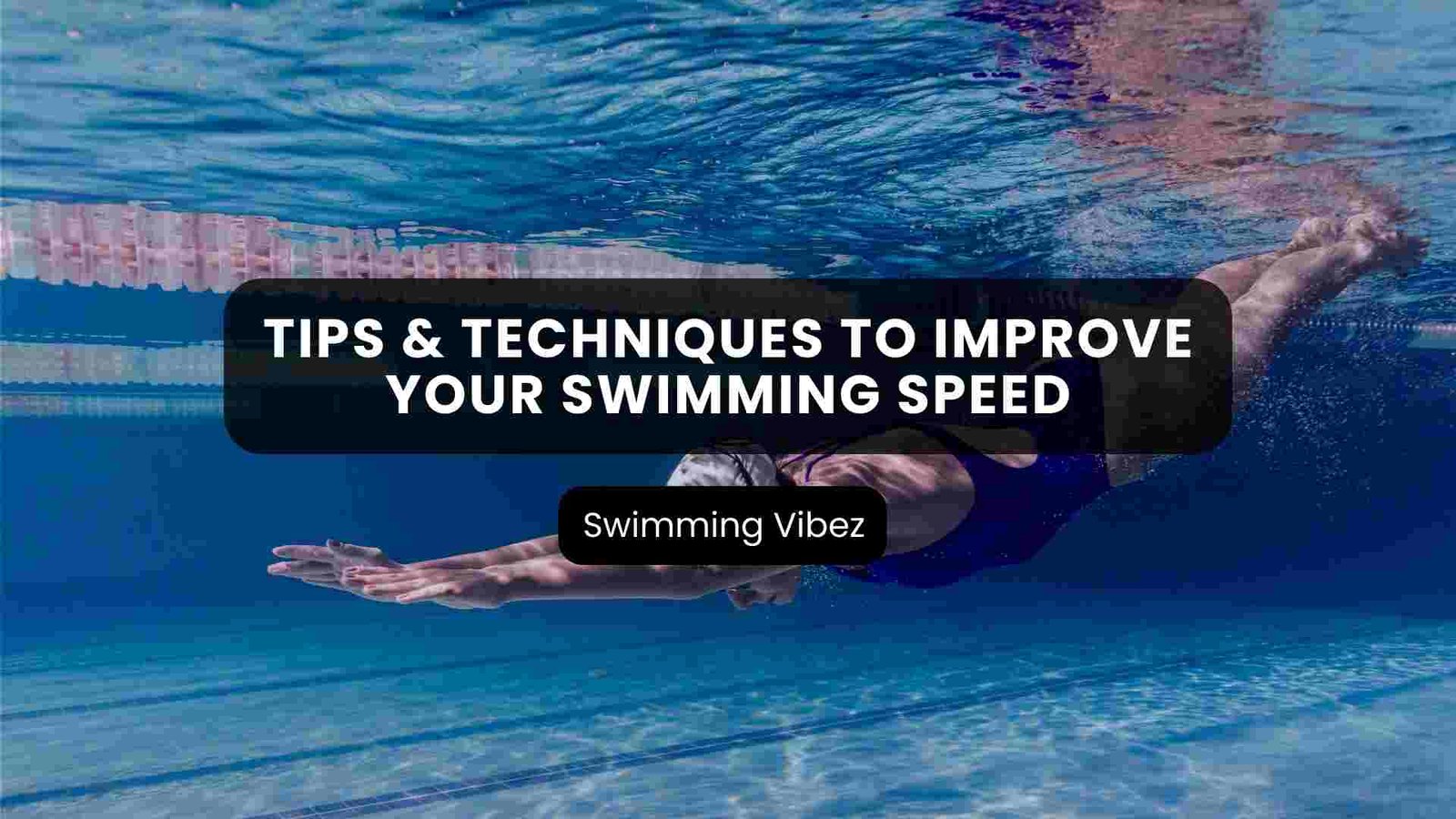If the chlorinated confines of a swimming pool have left you craving a greater aquatic adventure, open-water swimming could be your next sinking stroke into freedom.
In warm months, hundreds of lakes, rivers, and oceans all around the world become the playground for a growing community of open-water lovers. Open water offers a natural environment, unlike the controlled lengths of a pool. Here, the strokes of solitude are a gateway to worlds where you can feel the surge of the sea, the chill of mountain runoff, and the peace of a remote lake. In this article, we will discuss what is open-water swimming, difference between the swimming in open water and swimming in a pool, and the benefits of open-water swimming and we will provide you with tips for open-water swimming.
What Is Open Water Swimming?
Open water swimming is any swim that takes place outside of a pool. It’s less about sets and reps and more about the open-ended experience of connecting with nature while you exercise. For some, it’s an avenue to compete in races stretching from the English Channel to the San Francisco Bay. For others, it’s a solo immersion into the sensations of the environment, a physical and mental challenge that’s as solitary or social as you wish to make it.
“Open water swimming offers a unique and invigorating experience that cannot be replicated in a pool setting. The connection with nature and the ever-changing conditions make it a true adventure“
Says Coach Alex, A Renowned Swimming Instructor
What Is The Difference Between Swimming In Open Water & Swimming In A Pool?
When you move from swimming in a pool to venturing into open waters, the whole setting transforms.
In a pool, everything is controlled – the water’s clear, the temperature’s steady, and you swim within set lanes.
But in open water, things shift – the water varies in temperature, currents shift suddenly, and without pool walls to guide you, distances feel different, altering your sense of time and space.
Advantages Of Open Water Swimming
The benefits of open-water swimming go beyond the physical. Mentally, it can be an oasis of calm in the heart of nature. However, there are unique physical advantages as well. According to Healthline, the uneven currents found in natural waters can increase your overall strength and cardiovascular endurance.
“According to a study published in the International Journal of Sports Medicine, participants in the open water element of triathlon training demonstrated improved swimming performance, enhanced metabolic function, muscle mass, and cardiovascular benefits compared to those performing the same training in a pool.
“The physical benefits of open water swimming, including improved cardiovascular health, increased muscle strength, and enhanced mental wellbeing, are well-documented. It’s a fantastic full-body workout“
Dr. Emily, A Sports Medicine Specialist
Furthermore, cold-water swimming has been linked to a decrease in stress levels and the presence of a euphoric state, similar to a runner’s high. It also strengthens the body’s immune system.
How To Swim In Open Water?
First, you’ll need to shore up some swimming in open water basics:
- Get Comfortable: It’s essential to acclimate to the environment. Spend time near the shore to get your body used to the water temperature and the feeling of swimming in murky waters.
- Sighting: Without the black line of a pool to guide you, you must practice sighting—lifting your head forward to follow your chosen course.
- Navigation: When swimming in a lake, river, or sea, learn the layout of the land before you swim and practice orientations.
Open Water Swimming Tips
- Safety First: Never swim alone, always have a buddy, and wear a brightly colored cap to be visible to boats.
- Start Small: Begin with shorter swims and build your distance over time.
- Equipment Check: Make sure your wetsuit or other gear fits properly and you are comfortable with it in the water.
- Exits and Entrances: Know where you can get in and out of the water along your route.
- Local Knowledge: Understand the weather patterns and water conditions of the area as they play a significant part in safety and your overall experience.
- Rest Stops: Plan your swim with buoys, boats, or shorelines with which to periodically rest and hydrate.
- Listen to Your Body: If you feel uneasy, cold, or find breathing difficult, it’s time to head back.
- Be Ready for Sudden Changes: Weather in open water can change rapidly. Always consider the weather forecast and carry a signaling device.
- Training: Keep up your fitness level, with special attention paid to your navigation skills if you are planning on participating in a race.
- Community: Join a local group of open-water swimmers or a coach who specializes in outdoor swimming to enhance your experience and learning.
“Learning to navigate in open water, understanding tides, currents, and the weather, not only adds to the challenge but also the sense of accomplishment and knowledge of the environment.“
Professional Open Water Swimmer, Sam
Conclusion
There is something truly transformative about the freedom of open-water swimming. Its unique challenges can invigorate your body and mind in a way that the regiment of the pool just cannot match. As you take the plunge into the great outdoors, remember these tips and enjoy your time in the open water. The open sea, lake, or river awaits, and with every stroke, you’ll discover new depths—both within yourself and in the world around you.
FAQ
Do I Need Any Special Equipment For Open-Water Swimming?
Yes, some essential equipment for open water swimming includes a wetsuit for temperature regulation, a brightly colored swim cap for visibility, goggles, and sometimes earplugs. A safety buoy is also recommended for increased visibility and as a flotation device, if needed.
Is Open Water Swimming More Challenging Than Pool Swimming?
Open water swimming can present more challenges compared to pool swimming due to factors like varying water temperatures, currents, waves, and the need for navigation. However, many find these challenges to be part of the appeal, offering a more dynamic and engaging experience.
How Can I Find Open-Water Swimming Events Or Groups Near Me?
Check with local swimming clubs, fitness centers, or outdoor recreation groups. Many areas have open-water swimming communities that organize regular swims, training sessions, and events. Online platforms and social media groups are also great resources for connecting with fellow open-water enthusiasts.
What Should I Do If I Panic During An Open-Water Swim?
If you feel panic setting in, try to remain calm and float on your back while taking deep breaths. Signal for assistance if needed. Practicing mindfulness and familiarizing yourself with the open water environment during training can help reduce anxiety.
How Can I Improve My Sighting In Open Water?
Practice lifting your head slightly forward, just enough to see ahead without disrupting your stroke rhythm. Incorporating sighting drills into your training sessions in both the pool and open water can help improve your technique and efficiency.







